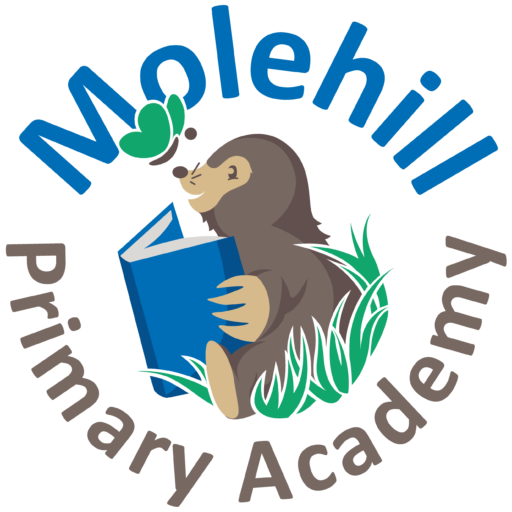Our vision is that all of our children can think, speak, research and write about geography and, indeed, think of themselves as geographers. Through the PYP we aim to develop our children as global citizens, ensuring that all children develop the necessary skills and understanding in Geography. We ensure that our teaching of Geography is up to date and accurate with the ever changing world we live in.
Through the study of geography, learners will develop a strong sense of place and scale, allowing every child, regardless of need or background, to acquire the knowledge and skills to become globally-aware citizens. An increasingly comprehensive understanding of the processes of human and physical geography, and their interconnected nature, encourages pupils to participate actively in their community and contribute to solving geographical issues. The study of geographical issues supports the emotional and ethical development of pupils, while also allowing them to solve problems and show creativity and resourcefulness. Pupils learn contextualised location knowledge which will be used throughout life and which helps to address specific gaps in our pupils’ knowledge. In addition to this, pupils acquire the geographical and map skills needed to investigate places around the world. Fieldwork is used, with increasing independence through the school, to encourage enquiry, expose children to unfamiliar environments and allow them to apply geographical concepts, knowledge and skills to their local area.
The essential knowledge and skills needed to reach beyond National Curriculum endpoints has been mapped to build sequentially through engaging International Baccalaureate inquiries throughout the school. These inspire curiosity and a fascination with the world around us, creating enthusiastic geographers and addressing social disadvantage.
The Geography curriculum is delivered through inquiry based learning as part of the International Baccalaureate Primary Years Programme. Beginning in EYFS and Understanding the World, Molehill Primary Academy begins by basing geographical teaching on what the children already know. Local visits, including walks round the surrounding area, to the local church, park and Morrisons, provide the children with first-hand experiences. The school has a diverse range of nationalities within its population and this is recognised and celebrated within the Academy. Language Ambassadors share their languages through assemblies and displays. We have a Culture day at the start of the Academic year to celebrate children’s cultures, inviting parents in to share their cultures with our pupils. Pupils participate in school trips to London, to museums and shows, with plans to visit beaches as a Geography specific field trip. The school has links to a partner school in Malawi, which is explored through assemblies, letter writing and a visit by teacher representatives from our school. Teachers include reference to global events as appropriate to the children’s ages and stage of development.
The impact of our curriculum is evident in our Inquiry Books, on display throughout the academy, and through discussion with our pupils. The curriculum and prior learning are revisited throughout the year, and subsequent years, with increasing complexity and breadth. With links being made to and within other subjects through the PYP, children gain a deeper and contextualised understanding.
The Geography Subject Leader uses lesson observations, conversations with class teachers and children to monitor progress which is underpinned by a Foundation Subject Tracker.


